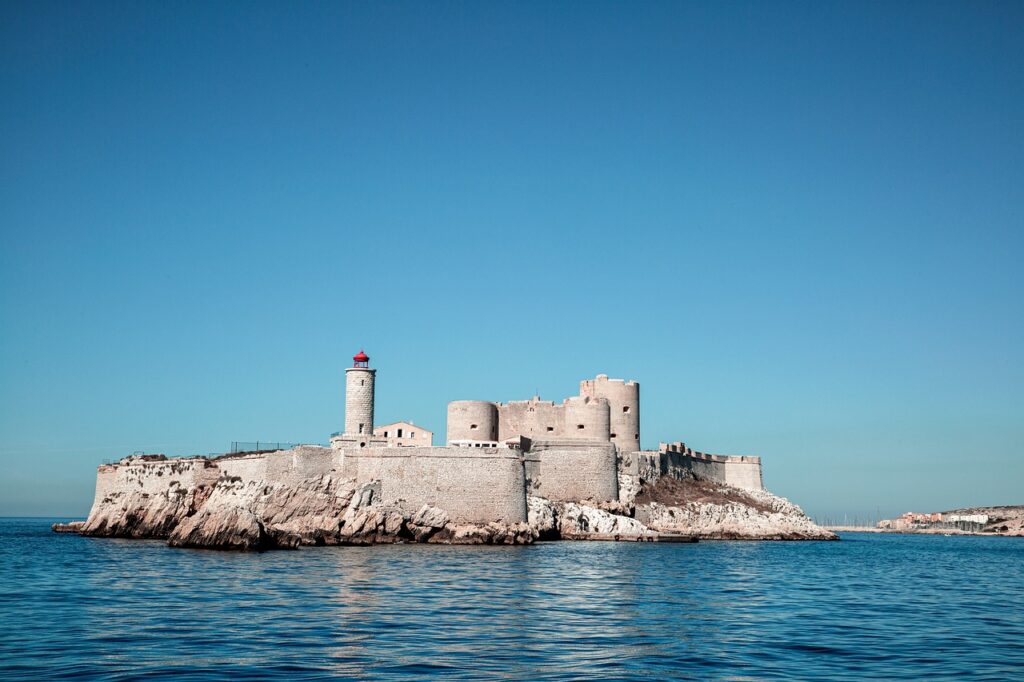The Son of Neptune Series in Order: How Sequence Shapes the Quest
The son of neptune series in order is a critical architecture for Riordan’s Roman arc. Each novel leverages the core strengths (and weaknesses) of military discipline, teamwork, and prophecydriven story.
1. The Lost Hero
Jason Grace wakes with no memory, forced into a Greek setting—Camp HalfBlood—without knowledge of his own Roman bonds. As he partners with Piper and Leo, the group’s survival depends on adapting his Roman training (order, tactics) to a looser Greek style (improvisation, defiance). The prophecy isn’t guidance—it’s an open puzzle, solved only over sequenced trials. By the end, Jason understands that destiny means nothing without unity and discipline.
2. The Son of Neptune
Percy Jackson, stripped of memory, lands in Camp Jupiter—the Roman counterpart. His quest with Hazel (cursed, powerful) and Frank (unpredictable and selfdoubting) is as much about fitting into Roman chainsofcommand as fighting monsters. Roman loyalty rituals—praetors, cohort rank, group over self—define the book’s structure. The quest north is brutal: strength is shared, and glory is given only to those who master Roman routine. Only reading the son of neptune series in order reveals Percy’s transition from outsider to trusted member.
3. The Mark of Athena
With unity in crisis, Annabeth leads a hybrid team—Roman and Greek—toward the next prophecy. Hazards are military and emotional: camps threaten war, friends clash over training methods, and the quest is all negotiation, not just sword. Without reading the son of neptune series in order, Annabeth’s and Percy’s arc, as well as Hazel’s, Frank’s, and Jason’s leadership payoffs, get lost in noise.
4. The House of Hades
Percy and Annabeth traverse Tartarus; aboveground, Hazel, Frank, and others wage war against Gaea’s forces. Frank’s discipline (the Roman value) is paid out as his shapeshifting power and rank are finally trusted. Prophecy and fate test the group’s bonds, requiring teamwork over singular heroics.
5. The Blood of Olympus
Every prophecy, skill, and alliance built in previous books is paid in the final war—both with Gaea and with suspicion between camps. Jason, Percy, Hazel, Frank, and co. lead in lines, not alone; war is planned as military campaign, not desperate rush.
What Makes a Roman Demigod Journey Unique?
Ritual and Order: The Roman camp is governed by ranks, oaths, and collective consequence. Individual glory is reserved for teamserving acts. Burden of Prophecy: Prophecies are read, debated, and acted on by committee, not impulsive leaders. Shared Struggle: No quest is solo—everyone faces a different trial; discipline means relying on others as much as on your own ability.
Reading the son of neptune series in order means seeing how Roman discipline tempers natural chaos.
Teamwork and Individual Development
Jason Grace’s arc: Leadership learned through loss, loyalty, and adjustment to Greek unpredictability. Hazel Levesque: Carrying the weight of past mistakes—her journey is spiritual, not just physical. Frank Zhang: Must accept power, responsibility, and squad discipline, overcoming shame.
No arch or prophecy lands fully unless sequenced from beginning to end.
Prophecy and Strategy
Prophecies are open to misreading; strategy, both on and off battlefield, means as much as magic. Roman quests are planned with precision—distractions cost lives, not just plot points.
The son of neptune series in order is a study in how prophecy only finds resolution through repeated, disciplined effort.
Military and Emotional Realism
Roman camp life is training, formation drills, and complex rituals of acceptance. Battles test more than strength—bravery must be measured and repeated, not faked or feigned.
Expanding to the Wider Series
Following the son of neptune series in order prepares you for the broader “Heroes of Olympus” and linked series. Roman and Greek myth merge; new teamwork dynamics demand you’ve experienced the rise and integration of Roman values through reading order.
For Readers and Writers
Sequential reading is structural: character scars, leadership, and trust only grow book by book. For writers, the Roman approach is a masterclass—order creates stakes, brings clarity, and tempers magic with real cost. Every heroic act must be earned—random wins or forced payoffs break the continuity Roman discipline demands.
Final Thoughts
The Roman demigod journey is more than action and prophecy. It’s group discipline learned through struggle, humility, and repeated test. Riordan’s arc, realized only by reading the son of neptune series in order, sets the pace for all current and future mythdriven YA fantasy: actions are measured, rituals matter, and survival belongs to those who respect order as much as bravery. In Rome and in story, only what’s earned, endures.


 Founder & Creative Director
Founder & Creative Director

